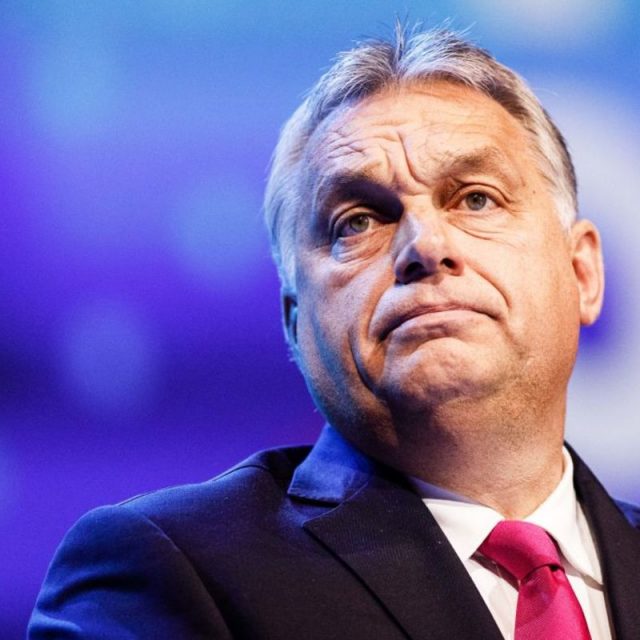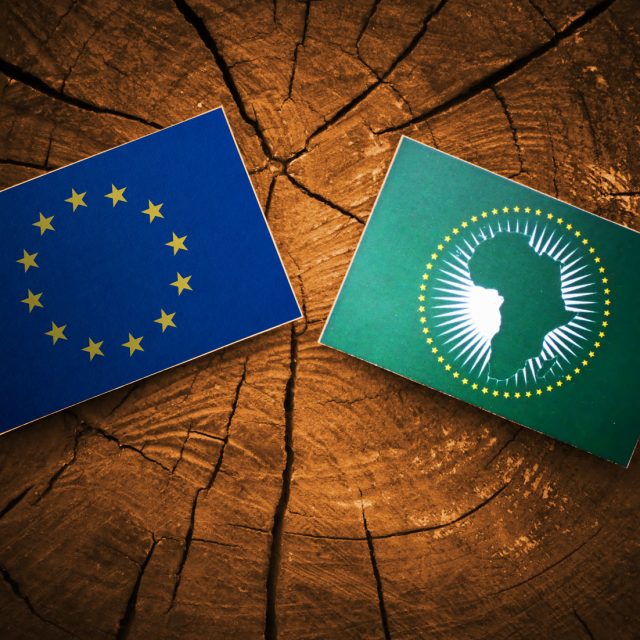On Tuesday (25 June), the Parliamentary Assembly of the Council of Europe (PACE) lifted sanctions against the Russian delegation, a decision correctly named by some media as a “moral victory of the Kremlin.” The Ukrainian delegation walked out in protest and slammed the decision as an “unacceptable concession to Russia”, write Aaron Rhodes and Willy Fautré.
The Russian delegation had been stripped of its voting rights in 2014, following Russia’s annexation and invasion of parts of Ukraine.
Why would members of PACE want to hand the Russian Federation a moral victory? The problems that led to sanctions have not been reversed. The head of the Ukrainian delegation, Volodymyr Ariyev, said the decision sent “a very bad message: do what you want, annex another country’s territory, kill people there, and you will leave with everything.”
Two reasons behind the decision emerged from European leaders, which are windows into the way they think about human rights.
The sanctions “weren’t effective,” according to Belgian MP Petra de Sutter. Well, human rights are about principles, not about what works and does not work, and when we subject decisions made on principle to a utilitarian calculus, then we undermine their moral value. Condemning and sanctioning gross violations of human rights rarely have any immediate impact. Should members of the international community thus cease invoking and acting upon principles and standards, and retreat into the anodyne bureaucratic blah-blah that more and more substitutes for truth-telling about human rights?
But it gets worse. French EU affairs minister Amerie de Montchain opined that France “wanted to preserve the pan-European dimension of the Council of Europe.” Then, apparently insensible to the profound contradiction it posed, she followed by saying, “We don’t do geopolitics here, the values we defend are human rights values.”
Of course, geopolitics is exactly what has been done. Once again, human rights “values” have been sacrificed on the alter of a geopolitical agenda, namely the appeasement of Putin’s Russia under the illusion that Russian aggression and human rights abuses will somehow be mitigated by these being overlooked by Europe’s premier human rights formation.
Of course, they won’t. The aggression and the subversion of human rights in Russia, in Russia’s newly conquered areas of Donbas and Crimea, and in states under Russia’s thumb, will be legitimized and will worsen.
What is more, Russia back in PACE means that Russia can resume a program of weakening human rights protections for people in other Council of Europe members states. Pro-Russian candidates will now more easily gain support in the organization. Russian PACE delegates will oppose criticism of other states, citing the over-riding principles of sovereignty and cultural relativism. Russian delegates to the PACE greeted the news with a threat that “any more sanctions, no matter how insignificant,” will not be tolerated. The next time Russia invades another country, PACE presumably won’t even bother to impose sanctions; remember, sanctions aren’t “effective.”
The leaders of France, Germany, Switzerland and other powerful members of the Council of Europe that supported appeasing Russia delude themselves if they think they have acted in the interests of Russia’s oppressed citizens. Russia violates almost every article in the European Convention on Human Rights. Russia has been convicted numerous times by the European Court of Human Rights. The human rights situation in Russia is worse now, than at any time since the Cold War.
And European leaders seem insouciant to the fact that they have placed the human rights of their own citizens at risk by inviting a destructive influence back into a deliberative body charged with acting on principles that are essential to our freedom. Membership in the Council of Europe clearly does little for human rights in Russia, but, under the present regime, it threatens the rights and freedoms of other Europeans.
Aaron Rhodes is President of the Forum for Religious Freedom – Europe, and the author of The Debasement of Human Rights (Encounter Books, 2018). He was formerly the Executive Director of the International Helsinki Federation for Human Rights (1993-2007).
Willy Fautré is President of Human Right Without Frontiers.




